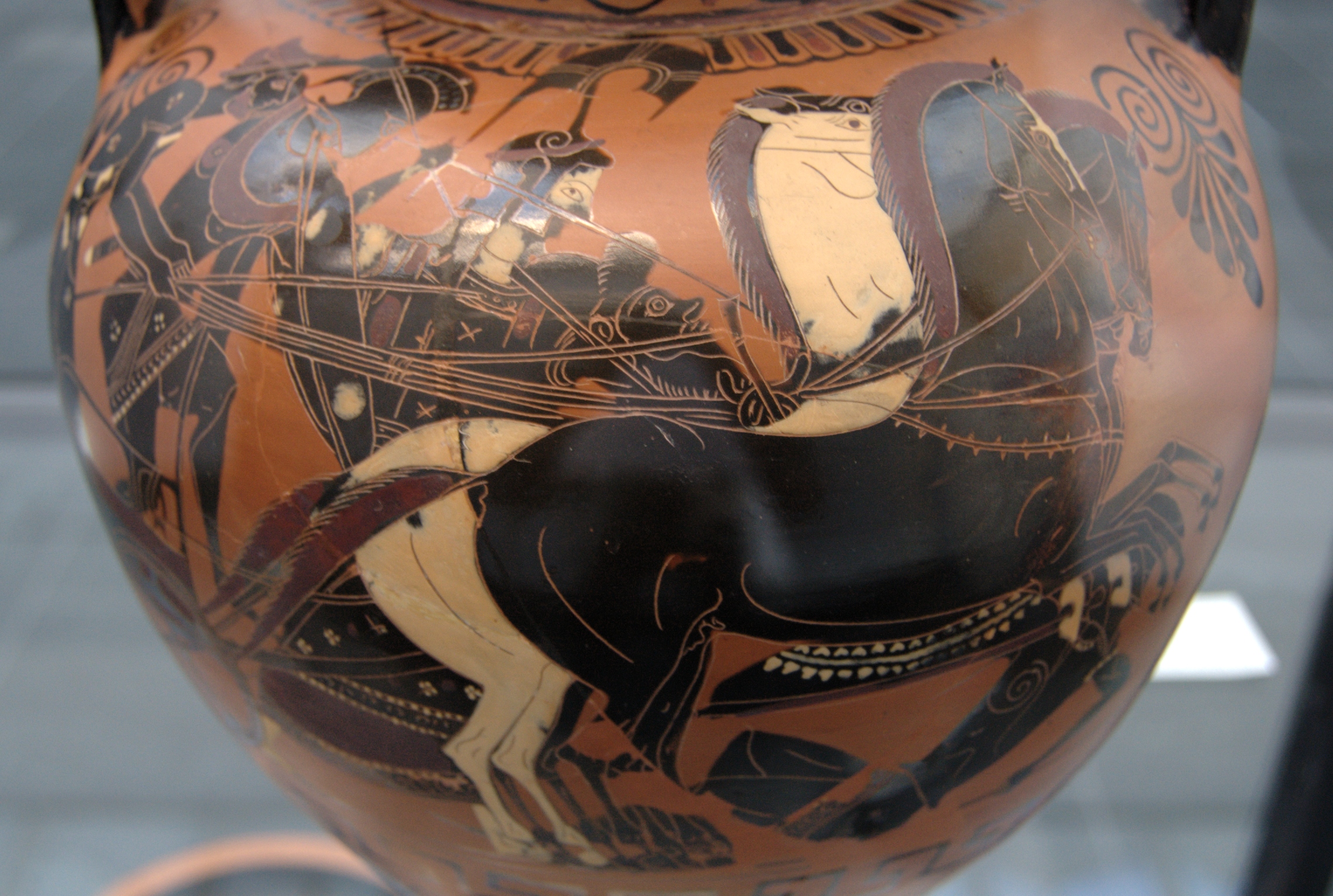I have been reading Part 1 of King Henry IV this past week. This is the play that my group is to present on. While reading I came upon a line that has both intrigued and puzzles me. Act IV.2.114: "And to the fire-eyed maid of smoky war". This line caught my attention because I do not often think of a maid as part of war. According to the footnotes, Shakespeare was referring to the goddess Bellona. After placing a name to the maid, I have done quite a bit of Googling trying to figure out just who the goddess was/is and why I had not seen her referenced before in works such as the Iliad. It turns out that Bellona is the goddess of war and strife. Many sites confirm that she is a Roman goddess but all over these are references to how she is linked between a myriad of different cultures. She is often referred to the wife of Ares, the Greek god of war, or later form of the goddess Ma-Bellona, a goddess from Turkey. Bellona is linked with many more cultures that it would take me forever to be able to list them all.
One major goddess that she is often intechanged with is Enyo. A Greek goddess who is the daughter of Zeus & Hera and the sister/wife of Ares. She is responsible for all wars and the destronction that is encompassed within and after a war. I have found it truly interesting that Shakespeare is not only so well-versed in Greek mythology but that he is able to bring in mythology from the Romans, Turks, and other cultures. This proves how universal all mythology is. This brings me to the question of how did so many different cultures come up with these mythological figures that were so similiar and they had no idea that other cultures were creating these figures at the same time as well? I believe that it is Frye who talks about the collective unconcious. Do humans have such a great collective unconcious that we automatically create gods and goddesses that are similar because they are what is needed at the time? I have no answer to this questions and others similar to it. However, I think that they are questions that are interesting and will never be answered fully, only personal opinions will ever exist to answer them.
